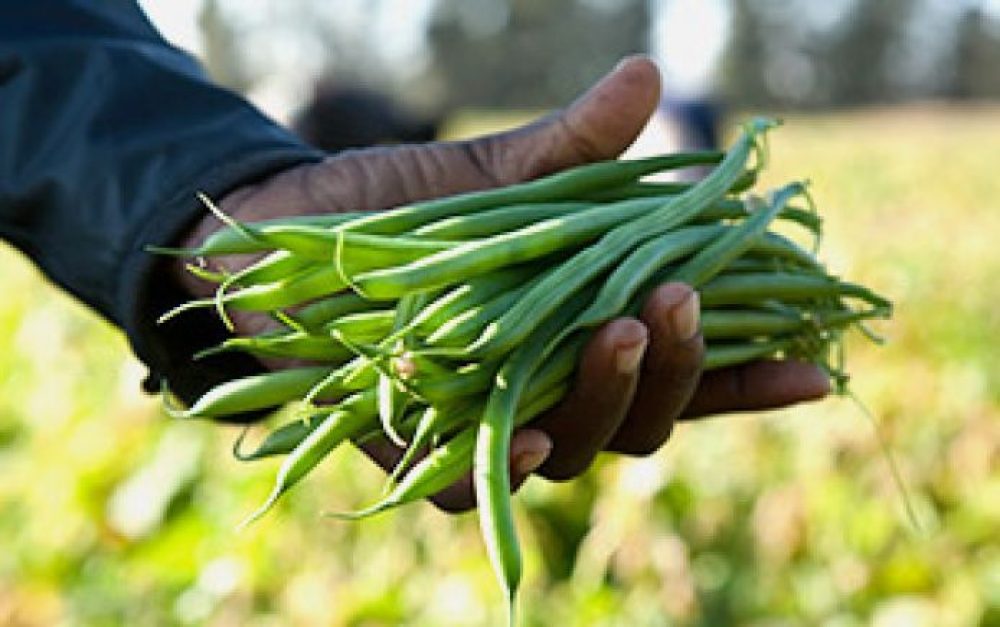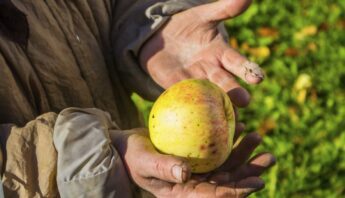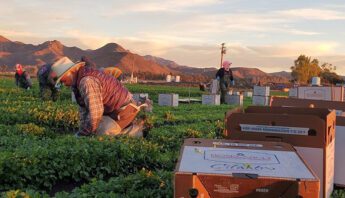A bountiful table surrounded by friends and family — that's how many of us celebrate Thanksgiving. So it makes sense that this week we pause and give thanks to the many people who make the celebration possible.
From the farmers who grow the food, to the workers who package and process it, to the millions of farmworkers who work extraordinarily hard to cultivate and harvest the crops that sustain us all, those all along the food chain deserve our thanks — and our support.
While we enjoy the harvest’s bounty, we reflect on those who work long, hot hours facing many dangers — often not earning enough to put adequate food on their own family tables. This week PAN joins with partners in a national coalition to launch a new campaign to keep farmworkers safe from one of the biggest hazards they face on the job: exposure to toxic pesticides.
Safer food, farmworkers & families
I encourage you to check out the new campaign website, and add your name to a petition calling on the federal government to fix outdated rules that are failing to keep workers safe from pesticide exposures.
Laws that protect other U.S. workers don't apply to farmworkers.
The fact is, farmworkers are some of the hardest working, yet least protected, workers in our country. Laws that protect almost every other worker in the U.S. do not apply to farmworkers. As a result, farmworker in the U.S. face, for example, a rate of pesticide poisoning that is 39 times higher than the rate among workers in all other industries combined.
There is one set of regulations — EPA’s Worker Protection Standard — that is supposed to help protect farmworkers from pesticide exposure. Yet these rules are grossly inadequate for the men, women and children who are on the frontlines of our food production system.
The Safer Food, Farmworkers & Families campaign brings together farmworkers and farmworker supporters from around the country, united in an effort to pressure EPA to make urgently needed and long overdue improvements in the Worker Protection Standard.
These simple, yet vital improvements include:
- A minimum age of 18 to work with pesticides. Currently teens as young as 16 may work mixing, loading and applying these highly toxic chemicals.
- Better and more frequent training on health risks of pesticides.
- Worker access to timely information about the use, location, and hazards of specific pesticides on the farm where they work.
- Special protections for pesticide handlers.
- Improved enforcement of safety standards at the state level.
Healthy from field to fork
A healthy, safe, and fair food system would benefit us all, protecting the health and serving the economic needs of farmworkers, farmers, rural communities and consumers. Shifting away from reliance on hazardous pesticides is a key step toward this goal.
But as long as harmful pesticides are in use, farmworkers need better protections in the field.
The farmworkers who harvest our food need protection from toxic pesticides, now. Safe fields go hand in hand with safe food. Add your voice and learn more at www.ProtectFarmworkers.org.








